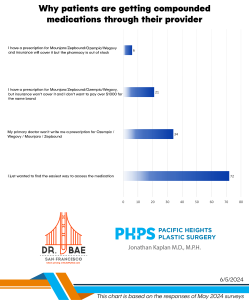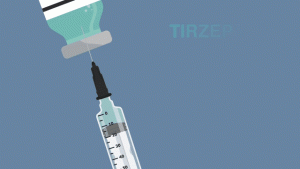 According to the Wall Street Journal, the big three credit reporting agencies (TransUnion, Equifax and Experian) will now treat unpaid medical bills differently than other unpaid bills. This is good for consumers.
According to the Wall Street Journal, the big three credit reporting agencies (TransUnion, Equifax and Experian) will now treat unpaid medical bills differently than other unpaid bills. This is good for consumers.
As anyone that’s been to the doctor or undergone a procedure in the hospital knows, it can take a while to get your final bill, after insurance has paid their portion. The assumption, which is usually correct, is that if you wait to pay your bill, insurance will kick in to pay their part (or all) of your bill. However, in recent years, if you wait too long to pay your bill, the doctor’s office or hospital will submit your unpaid bill to the credit reporting agencies and it can end up affecting your credit. I discussed how this affected me a few years ago here.
Now with new regulations, consumers will have up to 180 days to pay their medical bills while waiting for insurance to come through. This is not to suggest you should wait 6 months to pay your bills, it just means that you won’t be reported to the credit reporting agencies for 6 months while you’re arguing with the insurance companies to do their part!
But don’t confuse nonpayment of medical bills with your non-medical bills. Regular bills that aren’t paid will still affect your credit with the credit reporting agencies faster than you can say bad credit!
Click here for the original blog post written by Dr. Jonathan Kaplan for BuildMyBod.




